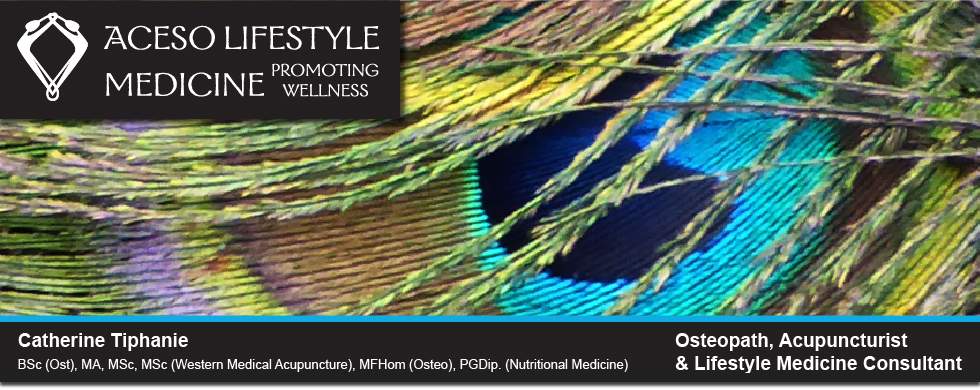
Homeopathy Research Updates
 Clinical outcomes studies
Clinical outcomes studies
The Faculty of Homeopathy website has a summary of evidence, including Clinical Outcome Studies.
Non-randomised non-controlled studies can make a useful contribution to essential developmental research in CAM including homeopathy1, 2 – and might suggest areas where it is effective. Findings from studies in this category may be considered as an adjunct to research evidence obtained from RCTs. Their results are generally strongly positive 3-5.
Bristol Homeopathic Hospital
An observational study at Bristol Homeopathic Hospital included over 6,500 consecutive patients with over 23,000 attendances in a 6-year period.6
- Seventy percent of follow-up patients reported improved health, 50% referring to major improvement
- The best treatment responses were reported in childhood eczema and asthma, and in inflammatory bowel disease, irritable bowel syndrome, menopausal problems and migraine in adults
- Similar patient-reported outcomes have been reported from the UK’s other four NHS homeopathic hospitals.7-10
Royal London Homeopathic Hospital
The 500-patient survey at the Royal London Homeopathic Hospital showed that many patients were able to reduce or stop conventional medication following homeopathic treatment.9 The size of the effect varied between diagnoses: for skin complaints, for example, 72% of patients reported being able to stop or reduce their conventional medication; for cancer patients there was no reduction.
References
1 White A, Ernst E. The case for uncontrolled clinical trials: a starting point for the evidence base for CAM. Complementary Therapies in Medicine, 2001; 9: 111–115.
2 Walach H, Jonas WB, Lewith GT. The role of outcomes research in evaluating complementary and alternative medicine. Alternative Therapies in Health and Medicine, 2002; 8: 88–95.
3 Muscari-Tomaioli G, Allegri F, Miali E, et al. Observational study of quality of life in patients with headache, receiving homeopathic treatment. British Homeopathic Journal, 2001; 90: 189–197.
4 Frei H, Thurneysen A. Treatment for hyperactive children: homeopathy and methylphenidate compared in a family setting. British Homeopathic Journal, 2001; 90: 183–188.
5 Witt CM, Lüdtke R, Baur R, Willich SN. Homeopathic medical practice: long-term results of a cohort study with 3,981 patients. BMC Public Health, 2005; 5: 115.
6 Spence DS, Thompson EA, Barron SJ. Homeopathic treatment for chronic disease: a 6-year university-hospital outpatient observational study. Journal of Alternative and Complementary Medicine, 2005; 5: 793–798.
7 Clover A. Patient benefit survey: Tunbridge Wells Homoeopathic Hospital. British Homeopathic Journal, 2000; 89: 68–72.
8 Richardson WR. Patient benefit survey: Liverpool Regional Department of Homoeopathic Medicine. British Homeopathic Journal, 2001; 90: 158–162.
9 Sharples F, van Haselen R, Fisher P. NHS patients’ perspective on complementary medicine. Complementary Therapies in Medicine, 2003; 11: 243–248.
10 Reilly D, Mercer SW, Bikker AP, Harrison T. Outcome related to impact on daily living: preliminary validation of the ORIDL instrument. BMC Health Services Research, 2007; 7: 139.
For further information on Systematic Reviews of Homeopathy please click here
To return to the main page on Research please click here
Copyright ©2012 - 2023 Catherine Tiphanie. All Rights Reserved. Privacy Policy
